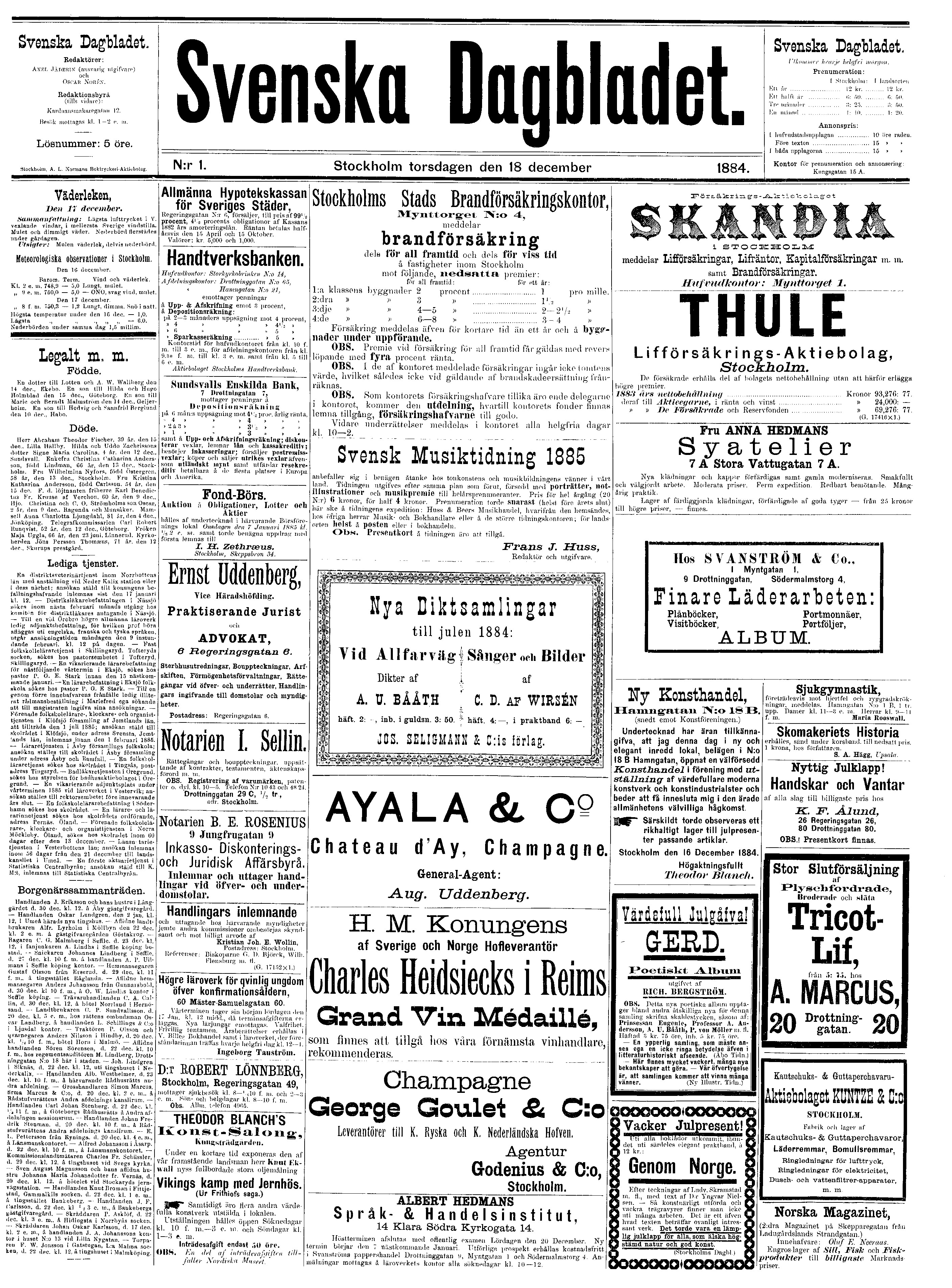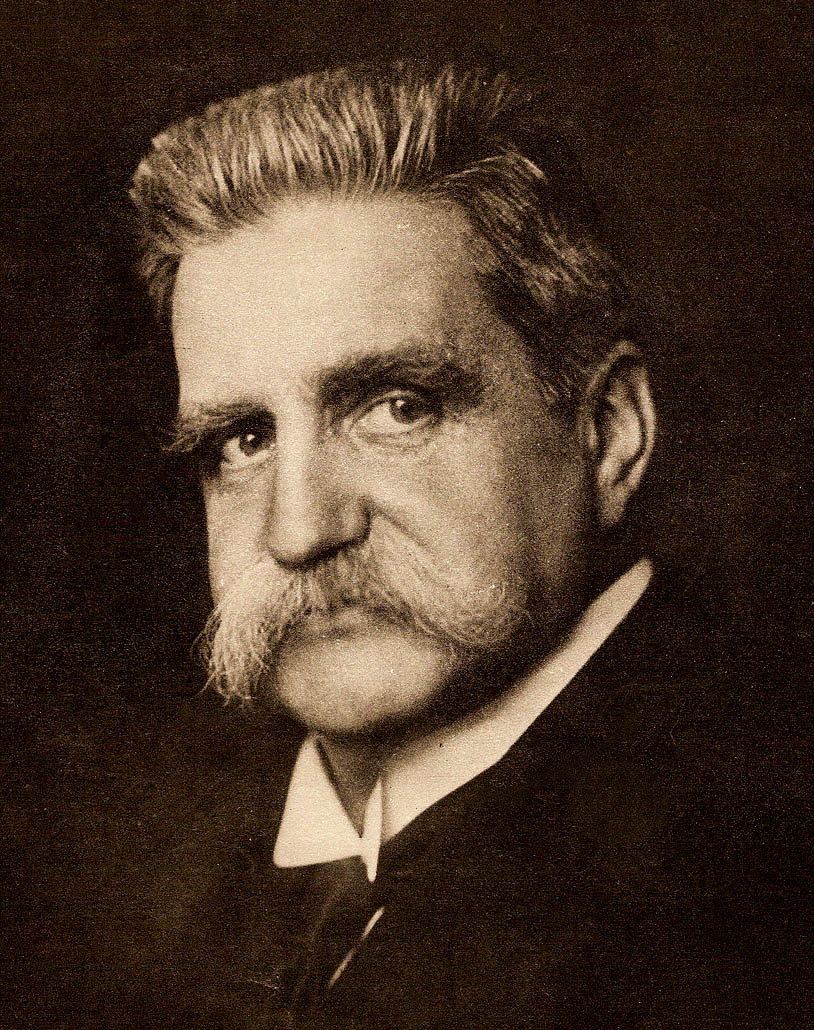|
Minister For The Budget
The Minister for the Budget ( sv, Budgetminister) was a member of the government of Sweden. The minister for the budget was the head of the Ministry of the Budget from 1976 to 1982 which was primarily responsible for budget regulation as well as the general administration and accounting of state funds, the state and municipal tax system. State land and buildings, alcoholic beverages, resident registration, press support and information, personnel administrative planning, personnel health care, etc. within the state's area of responsibility, administrative democracy, etc. and training of government employees. History The post of minister for the budget was created after the 1976 general election when the Ministry of Finance was split into two; the Ministry of the Budget and the Ministry of Economics. The Ministry of the Budget would primarily work with taxes. Ingemar Mundebo of the Liberal People's Party became the first minister for the budget in Thorbjörn Fälldin's First C ... [...More Info...] [...Related Items...] OR: [Wikipedia] [Google] [Baidu] |
Coat Of Arms Of Sweden
The coat of arms of the Kingdom of Sweden ( sv, Sveriges riksvapen) has a greater and a lesser version. Regulated usage The usage of the coats of arms is regulated by Swedish Law, Actbr>1970:498 which states (in unofficial translation) that "in commercial activities, the coats of arms, the flag or other official insignia of Sweden may not be used in a trademark or other insignias for products or services without proper authorisation. This includes any mark or text referring to the Swedish State which this can give the commercial mark a sign of official endorsement. This includes municipal coats of arms which are registered." Any representation consisting of three crowns ordered two above one are considered to be the lesser coat of arms, and its usage is therefore restricted by law 1970:498. Variants The arms of Sweden were first formally codified by law in 1908. This law also formally codifies the differences between the "greater" and "lesser" arms. The present law prescri ... [...More Info...] [...Related Items...] OR: [Wikipedia] [Google] [Baidu] |
Svenska Dagbladet
''Svenska Dagbladet'' (, "The Swedish Daily News"), abbreviated SvD, is a daily newspaper published in Stockholm, Sweden. History and profile The first issue of ''Svenska Dagbladet'' appeared on 18 December 1884. During the beginning of the 1900s the paper was one of the right-wing publications in Stockholm. Ivar Anderson is among its former editors-in-chief who assumed the post in 1940. The same year ''Svenska Dagbladet'' was sold by Trygger family to the Enterprise Fund which had been established by fourteen Swedish businessmen to secure the ownership of the paper. The paper is published in Stockholm and provides coverage of national and international news as well as local coverage of the Greater Stockholm region. Its subscribers are concentrated in the capital, but it is distributed in most of Sweden. The paper was one of the critics of the Prime Minister Olof Palme, and in December 1984 it asked him to resign from the office following his interview published in '' ... [...More Info...] [...Related Items...] OR: [Wikipedia] [Google] [Baidu] |
Swedish Ministers For The Budget
Swedish or ' may refer to: Anything from or related to Sweden, a country in Northern Europe. Or, specifically: * Swedish language, a North Germanic language spoken primarily in Sweden and Finland ** Swedish alphabet, the official alphabet used by the Swedish language * Swedish people or Swedes, persons with a Swedish ancestral or ethnic identity ** A national or citizen of Sweden, see demographics of Sweden The demography of Sweden is monitored by the ''Statistiska centralbyrån'' (Statistics Sweden). Sweden's population was 10,481,937 (May 2022), making it the 15th-most populous country in Europe after Czech Republic, the 10th-most populous m ... ** Culture of Sweden * Swedish cuisine See also * * Swedish Church (other) * Swedish Institute (other) * Swedish invasion (other) * Swedish Open (other) {{disambig Language and nationality disambiguation pages ... [...More Info...] [...Related Items...] OR: [Wikipedia] [Google] [Baidu] |
Fälldin III Cabinet
The third cabinet of Thorbjörn Fälldin ( sv, Regeringen Fälldin III) was the cabinet and Government of Sweden from 22 May 1981 to 8 October 1982. The cabinet was a coalition minority government consisting of the Centre Party and the Liberal People's Party. The cabinet was led by Prime Minister Thorbjörn Fälldin of the Centre Party who had resigned on 5 May 1981 following the withdrawal of the Moderate Party The Moderate Party ( sv, Moderata samlingspartiet , ; M), commonly referred to as the Moderates ( ), is a liberal-conservative political party in Sweden. The party generally supports tax cuts, the free market, civil liberties and economic liber ... from the second cabinet of Thorbjörn Fälldin. Thorbjörn Fälldin was reappointed on 22 May 1981 but as head of a two-party minority government. The cabinet resigned on 8 October 1982 following defeat in the 1982 general election. The cabinet was succeeded by Olof Palme's second cabinet. Ministers ... [...More Info...] [...Related Items...] OR: [Wikipedia] [Google] [Baidu] |
Swedish Social Democratic Party
The Swedish Social Democratic Party, formally the Swedish Social Democratic Workers' Party ( sv, Sveriges socialdemokratiska arbetareparti ; S/SAP), usually referred to as The Social Democrats ( sv, link=no, Socialdemokraterna ), is a social-democratic political party in Sweden. Founded in 1889, the SAP is the country's oldest and currently largest party. From the mid-1930s to the 1980s, the Social Democratic Party won more than 40% of the vote. From 1932 to 1976, the SAP was continuously in government. Most recently, the party was heading the government from 2014 to 2022. It participates in elections as "The Workers' Party – The Social Democrats" ( sv, link=no, Arbetarepartiet – Socialdemokraterna ). History Founded in 1889 as a member of the Second International, a split occurred in 1917 when the left socialists split from the Social Democrats to form the Swedish Social Democratic Left Party (later the Communist Party of Sweden and now the Left Party). The symbol of t ... [...More Info...] [...Related Items...] OR: [Wikipedia] [Google] [Baidu] |
1982 Swedish General Election
__NOTOC__ Year 198 (CXCVIII) was a common year starting on Sunday (link will display the full calendar) of the Julian calendar. At the time, it was known as the Year of the Consulship of Sergius and Gallus (or, less frequently, year 951 ''Ab urbe condita''). The denomination 198 for this year has been used since the early medieval period, when the Anno Domini calendar era became the prevalent method in Europe for naming years. Events By place Roman Empire *January 28 ** Publius Septimius Geta, son of Septimius Severus, receives the title of Caesar. **Caracalla, son of Septimius Severus, is given the title of Augustus. China *Winter – Battle of Xiapi: The allied armies led by Cao Cao and Liu Bei defeat Lü Bu; afterward Cao Cao has him executed. By topic Religion * Marcus I succeeds Olympianus as Patriarch of Constantinople (until 211). Births * Lu Kai (or Jingfeng), Chinese official and general (d. 269) * Quan Cong, Chinese general and advisor (d ... [...More Info...] [...Related Items...] OR: [Wikipedia] [Google] [Baidu] |
Rolf Wirtén
Rolf Wirtén (born 4 May 1931) is a Swedish politician who held various ministerial posts, including the minister of economics and the budget, in the 1970s and 1980s. Biography Wirtén was born on 4 May 1931. He was a member of the Liberals. In 1978 he was named the minister for gender equality and the minister of immigration. In addition, he was the minister of labor between 1978 and 1980 in the cabinet led by Prime Minister Thorbjörn Fälldin. In 1980 Wirtén was appointed minister of budget and next year he was made the minister of economics in the second cabinet led by Thorbjörn Fälldin. During his term Sweden experienced devaluation in 1981. He reported that while serving as minister the Swedish economic policy had been designed on the Keynesian principles. In 1997 Wirtén was the head of a commission which investigated the allegations about the diamonds of Jewish people stolen by the Nazis Nazism ( ; german: Nazismus), the common name in English for Natio ... [...More Info...] [...Related Items...] OR: [Wikipedia] [Google] [Baidu] |
Fälldin II Cabinet
The second cabinet of Thorbjörn Fälldin ( sv, Regeringen Fälldin II) was the cabinet and Government of Sweden from 12 October 1979 to 22 May 1981. The cabinet was a coalition majority government consisting of the Centre Party, the Liberal People's Party and the Moderate Party. The cabinet was led by Prime Minister Thorbjörn Fälldin of the Centre Party who had led his party to a second victory in the 1979 general election. Thorbjörn Fälldin had previously been Prime Minister of Sweden from 1976 until his first cabinet First or 1st is the ordinal form of the number one (#1). First or 1st may also refer to: * World record, specifically the first instance of a particular achievement Arts and media Music * 1$T, American rapper, singer-songwriter, DJ, and rec ... resigned in October 1978 following a vote of confidence. The cabinet resigned on 5 May 1981 (but stayed in office until 22 May 1981) following the withdrawal of the Moderate Party. The cabinet was succee ... [...More Info...] [...Related Items...] OR: [Wikipedia] [Google] [Baidu] |
Thorbjörn Fälldin
Nils Olof Thorbjörn Fälldin (24 April 1926 – 23 July 2016) was a Swedish politician. He was Prime Minister of Sweden in three non-consecutive cabinets from 1976 to 1982, and leader of the Swedish Centre Party from 1971 to 1985. On his first appointment in 1976, he was the first non-Social Democrat Prime Minister for 40 years and the first since the 1930s not to have worked as a professional politician since his teens. He was also the last Prime Minister to not be from the Social Democrats or Moderate Party. Early life Fälldin was born in Högsjö parish, Ångermanland, the son of the farmer Nils Johan Fälldin and his wife Hulda (née Olsson). He grew up in a farming family in Ångermanland, and, in 1956, he and his wife, as a newlywed young couple, took over a small farm. However, the farming authorities did not approve the purchase, as the farm was considered too small and too run down for production, and so refused to provide farm subsidies. This fight led him into ... [...More Info...] [...Related Items...] OR: [Wikipedia] [Google] [Baidu] |
Majority Government
A majority government is a government by one or more governing parties that hold an absolute majority of seats in a legislature. This is as opposed to a minority government, where the largest party in a legislature only has a plurality of seats. A government majority determines the balance of power. A majority government is usually assured of having its legislation passed and rarely if ever, has to fear being defeated in parliament, a state is also known as a working majority. In contrast, a minority government must constantly bargain for support from other parties in order to pass legislation and avoid being defeated on motions of no confidence. Single-party majority governments tend be formed in the aftermath of strong election performances. The term "majority government" may also be used for a stable coalition of two or more parties to form an absolute majority. One example of such an electoral coalition is in Australia, where the Liberal and National parties have run as ... [...More Info...] [...Related Items...] OR: [Wikipedia] [Google] [Baidu] |
Coalition
A coalition is a group formed when two or more people or groups temporarily work together to achieve a common goal. The term is most frequently used to denote a formation of power in political or economical spaces. Formation According to ''A Guide for Political Parties'' published by National Democratic Institute and The Oslo Center for Peace and Human Rights, there are five steps of coalition-building: # Developing a party strategy: The first step in coalition-building involves developing a party strategy that will prepare for successful negotiation. The more effort parties place on this step, the more likely they are to identify strategic partners, negotiate a good deal and avoid some of the common mistakes associated with coalition-building. # Negotiating a coalition: Based on the strategy that each party has prepared, in step 2 the parties come together to negotiate and hopefully reach agreement on the terms for the coalition. Depending on the context and objectives of the co ... [...More Info...] [...Related Items...] OR: [Wikipedia] [Google] [Baidu] |


